European Union officials are working to narrow the scope of China’s newly announced export controls on gallium and germanium, two key metals used in semiconductors, solar panels and electric vehicles, Bloomberg reported.
China announced on July 3 that it would restrict exports of these two minerals and related chemical compounds for national security reasons, as they could be used for military purposes. This means that if the central government refuses to issue a license, companies will be banned from exporting altogether.
The unexpected news from Beijing put Brussels on high alert, as both gallium and germanium are “strategic” and are essential to completing the EU’s digital and green energy transitions.
A European Commission spokesperson questioned China’s use of “national security” as justification for the surprise move, and called on the country to base its trade policy on “clear security considerations” in line with the World Trade Organization (WTO).
The EU argues that these materials are used in a wide range of technology products and is concerned that China is “weaponizing” critical materials.
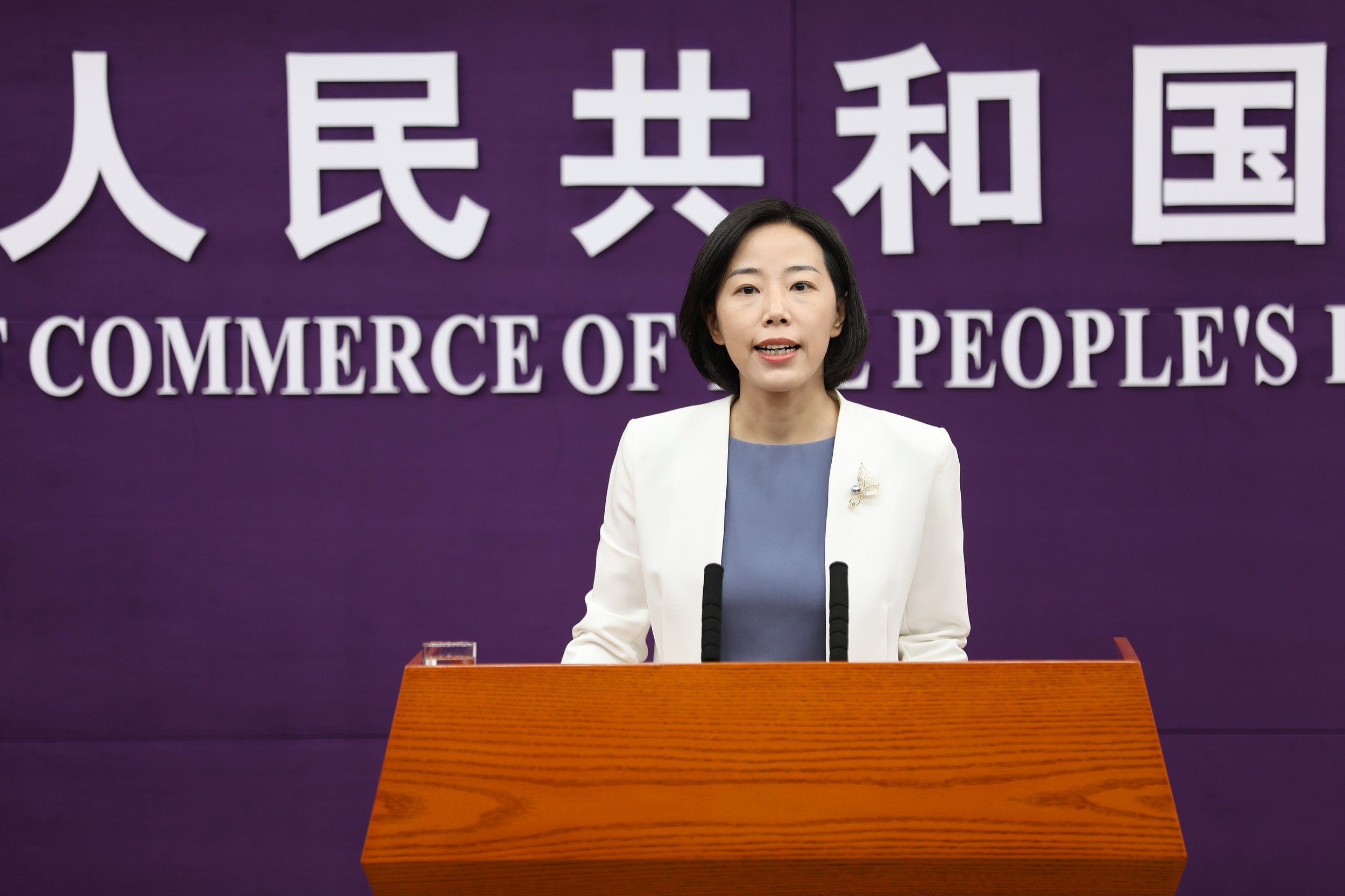
The newly announced gallium and germanium export controls are not aimed at any specific country, according to Shu Jueting, a spokesperson for China's Ministry of Commerce. Photo: Global Times
Chinese Commerce Ministry spokesman Shu Jueting said on July 6 that the EU and the US had been informed of the controls in advance. However, Bloomberg reported that EU officials in Beijing had only a few hours to report back to China before the official announcement on July 3.
Bloomberg also said that the EU is starting to assess the impact of these restrictions on industries and countries in the bloc, as well as the next steps.
However, it is unclear how long the assessment process will take, as the actual impact of these measures depends on how strictly the Chinese government decides to enforce them.
While China says the measures are being taken for national security reasons, its announcement comes just days after the Dutch government announced new controls aimed at blocking Chinese companies from accessing vital chipmaking equipment.
Meanwhile, the US is reportedly considering new curbs on exports of cloud computing services and AI semiconductors to China.
The sequence of events shows Beijing is willing to leverage its market dominance in rare metals to retaliate against what it sees as “politicized” trade controls by Western allies.
However, Chinese Foreign Ministry spokesman Mao Ning denied China's intention to "retaliate".
“China has always been committed to implementing fair, reasonable and non-discriminatory export control measures. The Chinese government’s export control of relevant items in accordance with the law is a common international practice and it does not target any specific country,” Mao Ning said .
Nguyen Tuyet (According to Bloomberg, CNBC, Euronews)
Source



![[Photo] Prime Minister Pham Minh Chinh receives Mr. Jefferey Perlman, CEO of Warburg Pincus Group (USA)](https://vstatic.vietnam.vn/vietnam/resource/IMAGE/2025/4/18/c37781eeb50342f09d8fe6841db2426c)
![[UPDATE] April 30th parade rehearsal on Le Duan street in front of Independence Palace](https://vstatic.vietnam.vn/vietnam/resource/IMAGE/2025/4/18/8f2604c6bc5648d4b918bd6867d08396)



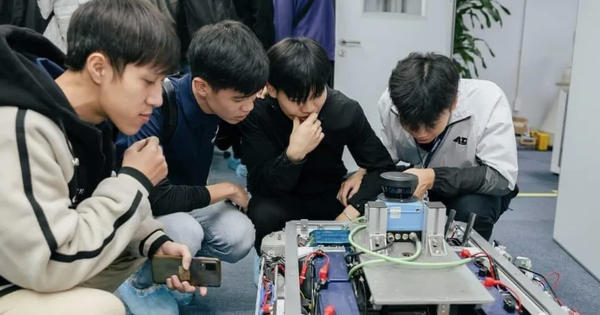



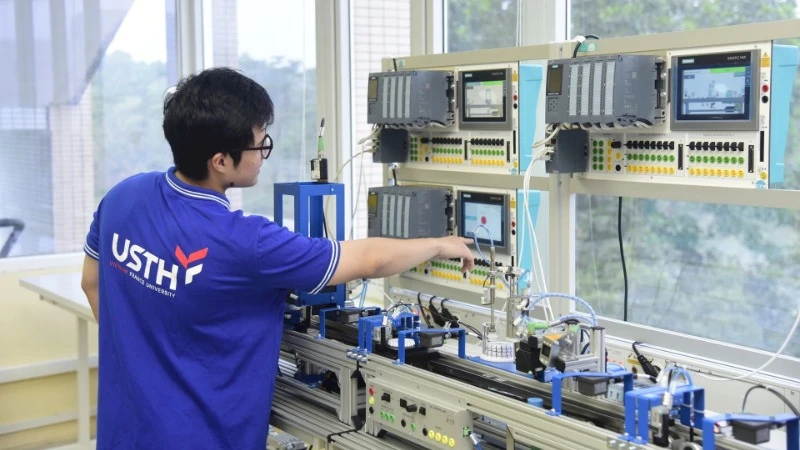






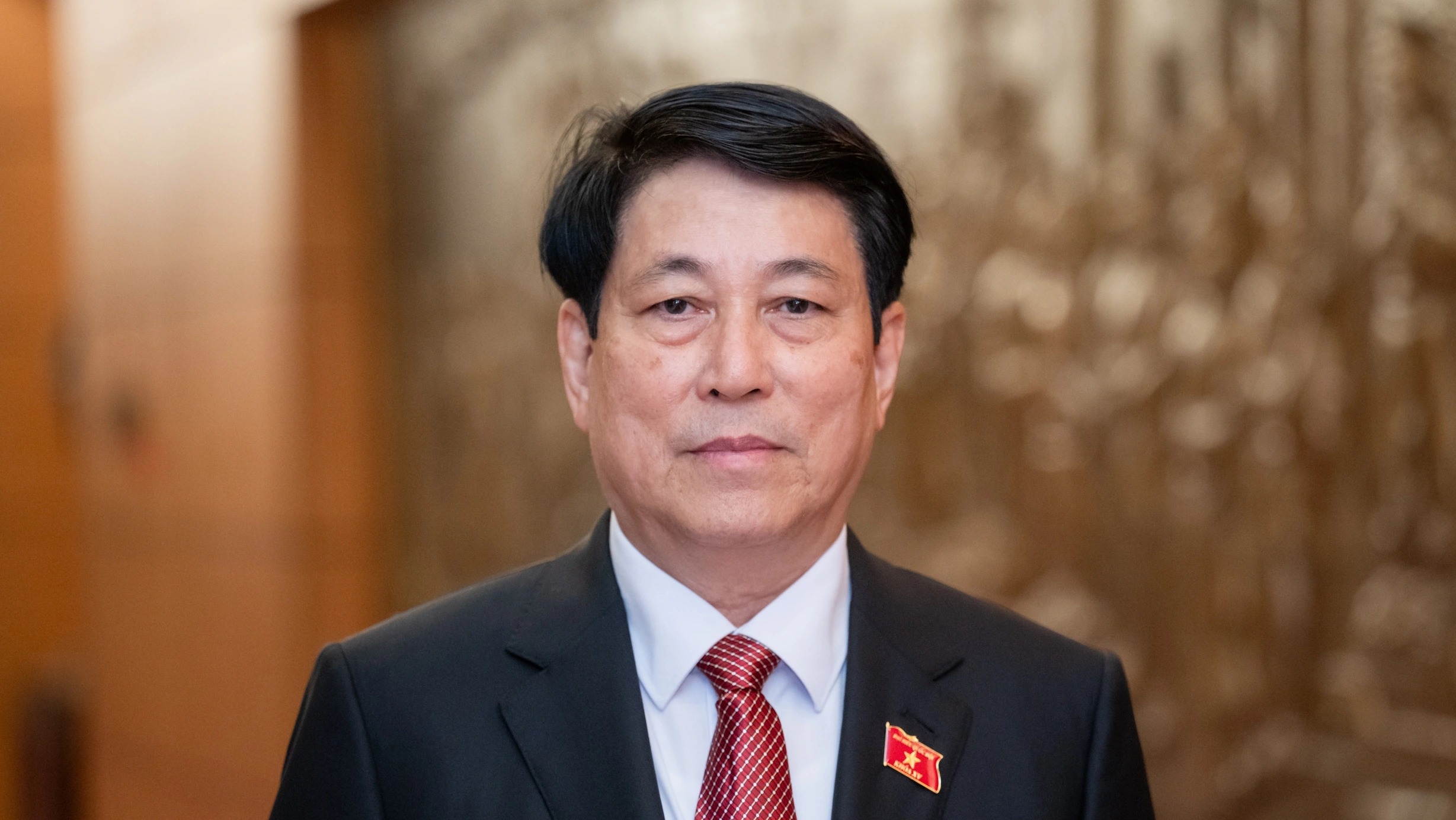














































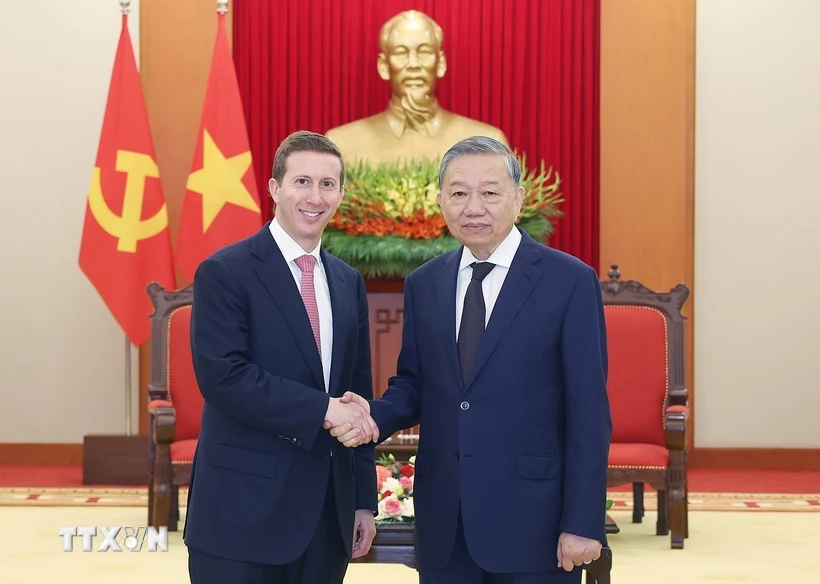









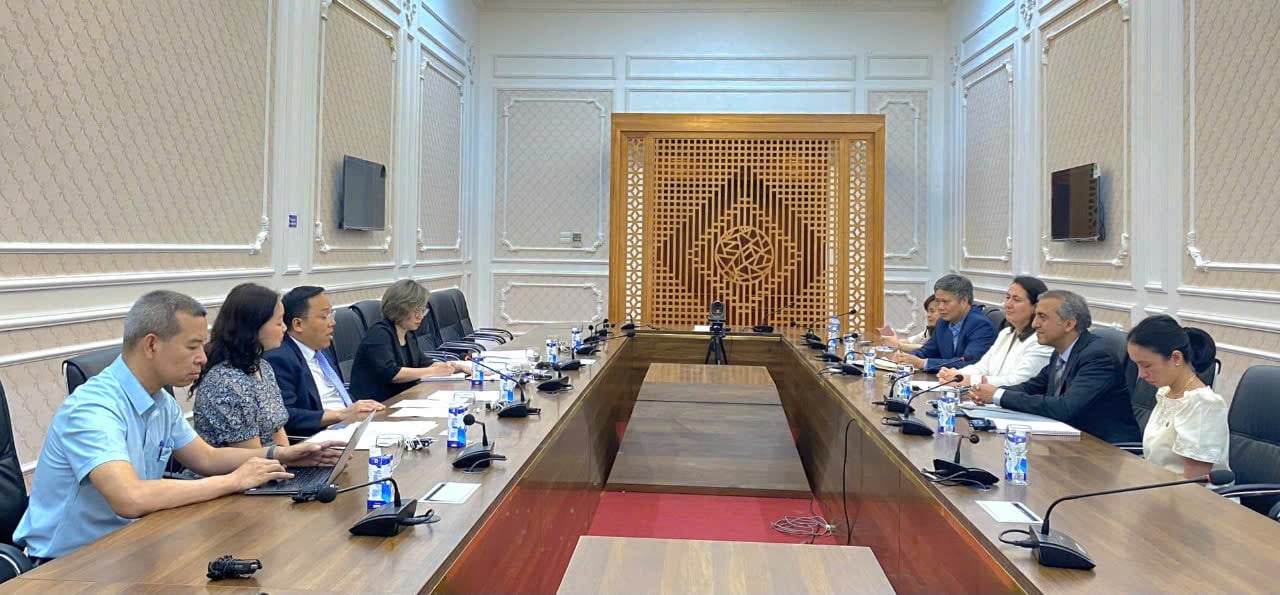





















Comment (0)